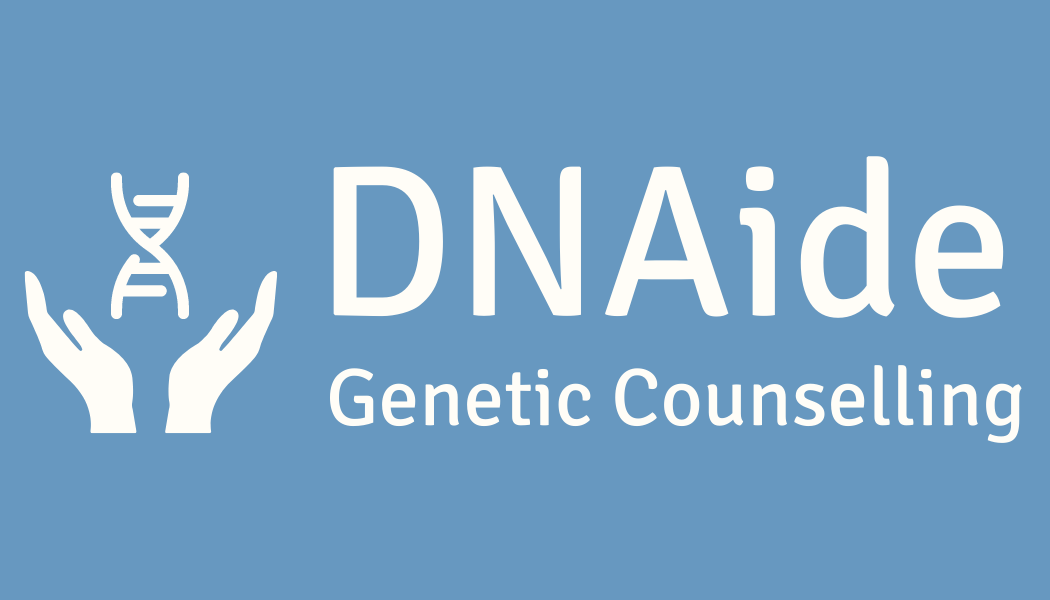Deciphering Genetics & Empowering Fertility Patients: Meet DNAide Founder, Meaghan Doyle
Meaghan Doyle, MS, CGC is a Certified Genetic Counselor with expertise in fertility, preimplantation genetic testing (PGT/PGS), assisted reproductive technologies, and preconception genetics. She’s also the founder of DNAide, a genetic counseling service for fertility patients. In the time we’ve known Meaghan, we’ve seen how passionate she is about supporting intended parents by providing accurate, evidence-based information – both through her highly educational social channels and website and via her 1-on-1 client services. In honor of Genetic Counselor Awareness Day, we asked Meaghan to share what inspired her to work in this field and how genetic counselors help fertility patients make more informed decisions along their family building journey. Check out our interview for her insight on family history, the differences between a Donor Selection Consultation and a PGT or mosaic embryo consult, what to expect at your appointment, and much more!
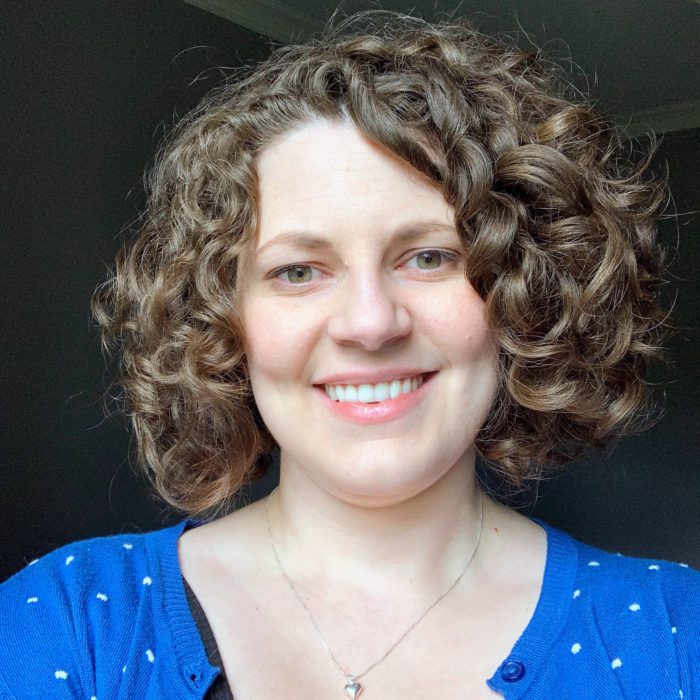
You have an impressive experience in genetic counseling. What drew you to this work and eventually to creating your own private practice?
What initially drew me to genetic counseling as a profession was a desire to understand myself and others better. That started with an interest in psychology but when I was exposed to genetics in my first year of undergrad I fell in love. I completed a double major in genetics (nature) and psychology (nurture) which gave me a really strong foundation for understanding humans better! I always knew that I wanted to be in “helping” profession and when I first learned about genetic counseling I couldn’t imagine a better career for myself. Not only am I able to help others, but I am constantly learning, and I get to share some of my biggest passions with patients every day.
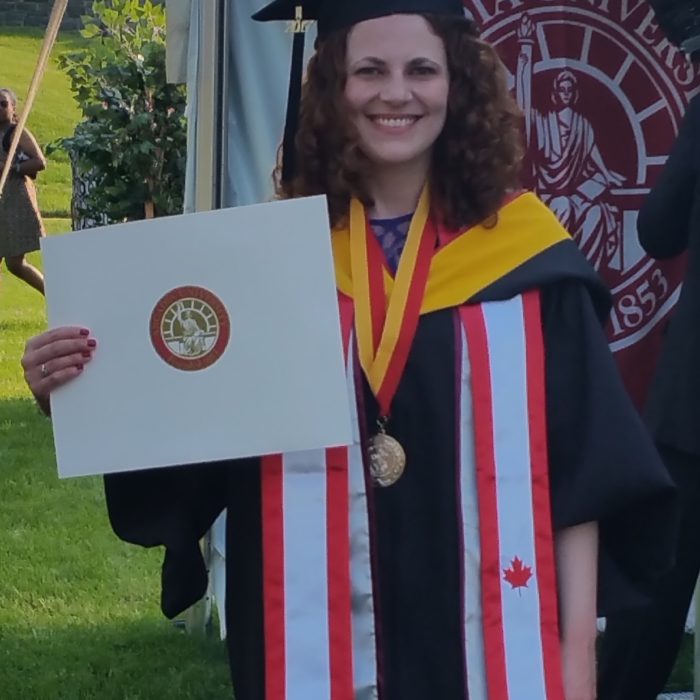
When I started working in fertility genetics I worked at a fertility clinic as their in-house genetic counselor. Patients often came to our clinic for a second or third opinion, and yet I was usually the first genetic counselor they had ever spoken to. Sometimes I would provide information that seemed so basic to me, but it made all the difference for them as they worked to grow their families. That was when I realized how rare it is for fertility clinics to have a genetic counselor on staff. After that the seed was planted, and I knew that I had to go beyond the confines of the clinic I was at and start a private practice.
What I love most about genetic counseling is that it is never supposed to be a cookie cutter approach. We recognize that patients are the only ones in a position to know what is best for them, because they are the ones living their lives. I may know the science best, but I can’t learn an entire lifetime of a person’s circumstances in a 60-minute appointment. As genetic counselors we try to present information in a balanced way so that the patient can come to the decision that is best for them. This form of patient empowerment really spoke to me when I was early on in my career. It was also part of what led me to start my own private practice. When patients are speaking with healthcare providers associated with an institution, whether that is a fertility clinic or genetics laboratory, there is the potential for bias because the goals of the institution may conflict with the goals of the patient. Being in private practice has allowed me to truly meet patients where they are at and focus on what matters most to them.
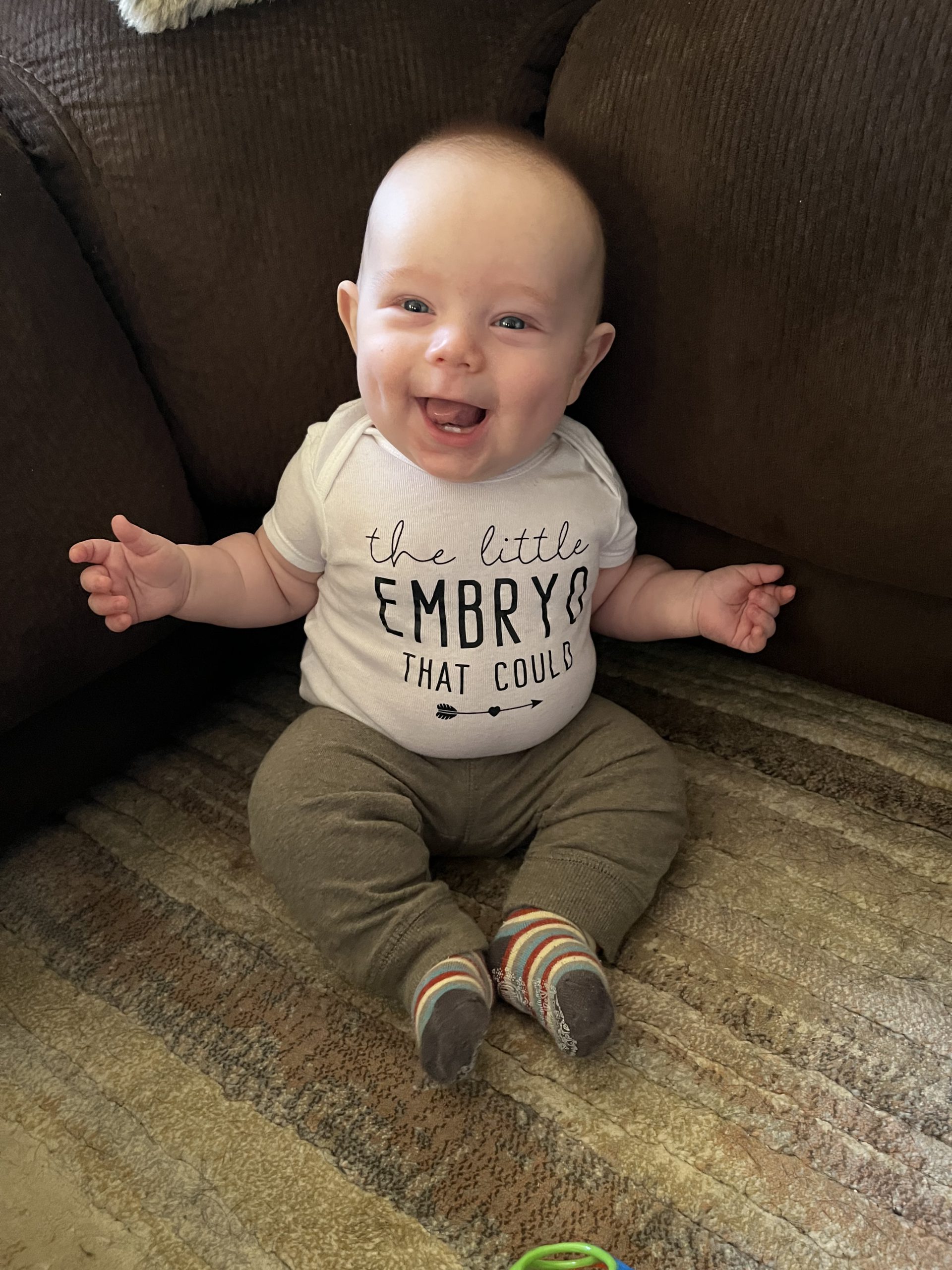

Why should fertility patients consider genetic counseling and how can it impact the TTC, and especially third party reproductive journey?
Genetics plays an obvious role in the health of our future children, but the details often get overlooked by healthcare professionals who don’t specialize in genetics. If you’re trying to conceive there are two big areas where genetic counselors can help: family history and genetic testing.
Family History
Genetic counselors are trained in gathering detailed information about your family’s medical history. We can use this information in many different ways. If there are conditions in the family that are known to be genetic, or have a genetic component to them, we will identify those and discuss the chances of those conditions being passed on to your future children. We do our best to provide statistics and percentages where we can. It is very common for people to see things in their family history and assume they are genetic, or that there is a high risk they will be passed on to the next generation. People are often reassured after genetic counseling because a risk that was previously unknown (or assumed) is now more defined. Plus, disease risks are often lower than people assume! Sometimes genetic tests may be available based on your family history as well.
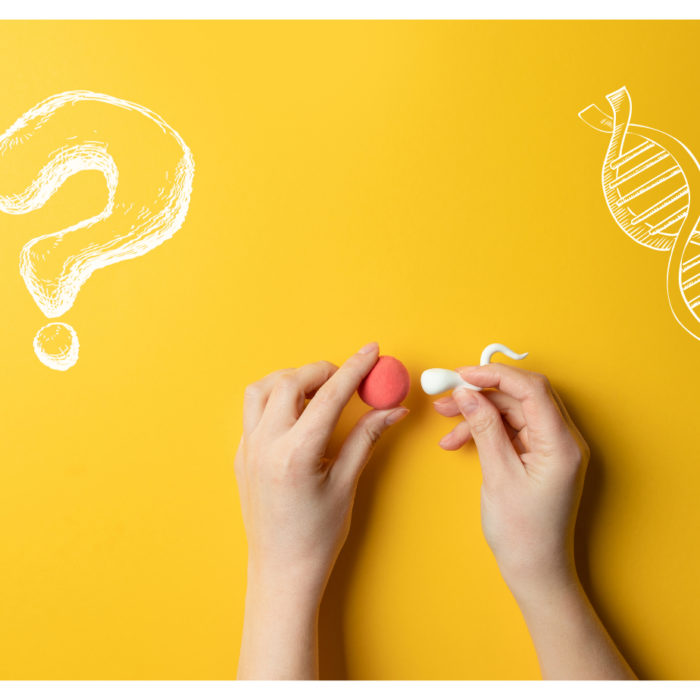
For people conceiving with a donor, genetic counselors obtain detailed information about the donor’s family history to provide to intended parents. This information may be used by the clinic/agency/bank to determine if a donor can proceed with donation or could be included in the profile provided to intended parents. Family histories obtained by a genetic counselor are often much more thorough than histories obtained by non-genetics professionals. When working with an agency or known donor, intended parents may choose to have their donor’s family history taken by a private genetic counselor that they trust to obtain detailed and accurate family history information. Intended parents can also meet with a genetic counselor to review donors they are considering to discuss any concerns they have with the donor’s family history.
The idea of having to review the full details of your family history with a genetic counselor can feel overwhelming if you already have a lot on your plate with fertility treatments. Don’t worry if you’re not sure what to ask, or what to tell us. We know what we are looking for and are trained to ask the right questions to get the information we need. If you have the time and energy to speak with your family members to get more details this can be helpful, but if you can’t do this don’t feel like a genetic counselor can’t still help you.
It is also very normal to feel anxiety leading up to a genetic counseling appointment to review your personal or family history. Feelings of shame and guilt are very common in genetics, even when most things are totally out of our control. A genetic counselor should be a supportive part of your care team who can help with the challenging emotions that come up during our discussions. We know it takes a lot for you to be open with us about what you are going through and feel honored to be able to support you during such vulnerable times.
Genetic Testing
Genetic counselors also provide support to anyone who has had or is considering genetic testing. Sometimes we may identify a genetic test that could benefit you by reviewing your family history. Other people may come for genetic counseling because their doctor has recommended a genetic test, or they read about it online and they want to learn more about it. While you may be feeling a lot of pressure to make decisions quickly when trying to conceive, it’s important to feel like you are making informed decisions too. Taking a bit of extra time to meet with a genetic counselor can help you feel informed, empowered, and help ensure you don’t regret any decisions you make regarding genetic testing. Additionally, a genetic counselor should never pressure you into doing a genetic test. Our goal is to give you the information in a balanced way and help you make the decision that is best for you and your family.
Some genetic tests that you may wish to discuss with a genetic counselor while trying to conceive include carrier screening, preimplantation genetic testing (PGT), karyotyping, and other tests recommended by your doctor or genetic counselor based on your personal or family history.
For people conceiving with a donor the genetic test that comes up most often is carrier screening. This genetic test is done on most donors as a way to screen for the risk of certain genetic diseases that can’t be seen in a family history. If the egg and sperm provider are identified as carriers for the same condition there will be a high risk of having a child with that disease, and a different donor is usually recommended. This might seem straightforward, but there is no standard to regulate which genes are tested by the genetic testing labs offering carrier screening. People may think they have tested negative for something when it wasn’t actually included in their test. The American Society for Reproductive Medicine recommends that intended parents receive genetic counseling from a Certified Genetic Counselor so they can fully understand the genetic test results of their donor(s).
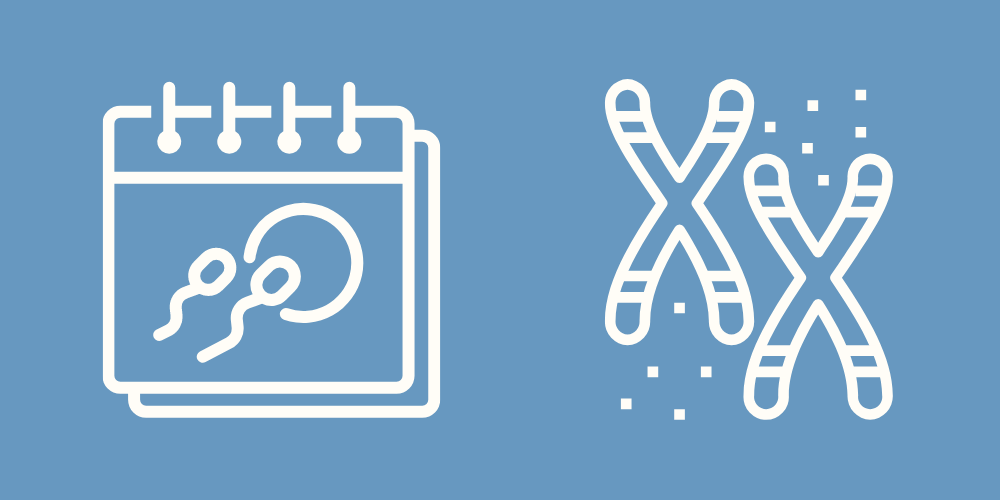
The subject of fertility genetics has some conflicting information online. What resources do you recommend for those trying to understand this topic, and where can they find you online to keep up with your educational posts?
My first step when I realized how few fertility clinics had genetic counselors on staff was to join Instagram and start creating educational content. I’ve since been a guest on podcasts and written blog articles for others to try and make this content as accessible as possible. I’ve curated all of this so that you can find it in one easy spot on my website.
When looking for educational information online about genetics it’s always important to check that the information is coming from a professional like a Certified Genetic Counselor or Geneticist. Content with research studies referenced is more reliable as well. The best resource for fertility genetics information is always meeting with a fertility genetic counselor. I have seen firsthand how quickly the science behind fertility genetic testing changes. Posts online written by a qualified professional could be outdated or may not apply to your specific situation. The only way to know that something is truly applicable to you is to meet with a fertility genetic counselor.
Many genetic testing laboratories have genetic counselors available for you to speak with at no additional cost. This can be a great way to get information that you know is specific to the test that was performed for you. It’s important to know that lab genetic counselors can have more limitations when it comes to facilitating decision-making; their main role is educating about the test their lab offers. If you feel that you still need support after speaking with your lab genetic counselor don’t be discouraged. You may just need to meet with a genetic counselor like myself whose goals in working with you are more in line with what you need.
When you consult on PGT results or a Mosaic Embryo – what are you looking for / what can one expect to come away from that consultation with? How is this similar or different from a Donor Selection Consultation?
For me the goal of every genetic counseling session is for the patient(s) to leave feeling that they have what they need to make their decision. That decision could be whether or not they want to transfer a mosaic embryo, or if they are comfortable proceeding with a specific donor. A big part of genetic counseling is sharing information. I have a lot of information to share, but sharing information isn’t helpful if it isn’t shared well. I need to know what the patient needs from me, what they know already, and what decisions they are trying to make. Everyone is unique and has different things that are important to them. Here’s what an average genetic counseling appointment with me looks like:
1. Pre-appointment intake. Share any records with me that are relevant to what we are discussing. If you haven’t been given access to these records you can complete a form so that I can access them on your behalf. Complete a brief intake form so I know what questions you have and what you want the focus of our session to be.
- For a mosaic embryo consult this involves sharing PGT reports
- For a donor consult this involves sharing any donor profiles, donor genetic testing, and intended parent genetic testing
2. Appointment begins and we get to know each other further. I may ask questions about your fertility journey, where you are at right now, and what you are hoping for out of our time together.
- For a mosaic embryo consult I want to get a sense of what you already know about mosaic embryo and PGT. If you have already met with a genetic counselor or done a lot of research on your own this helps me guide what we talk about so unnecessary things aren’t repeated.
- For a donor selection consult this is more about getting a sense of where you are at with the donor selection process. Are you using fresh or frozen gametes? Is your donor a friend or found through an agency? Have you started looking for a donor yet?
3. Deep dive into what we are here to discuss. I often use slides to show results we are discussing and pictures of genetic concepts. Patients are always provided with a copy of these slides afterwards.
- For a mosaic embryo consult we will discuss everything from the basics of PGT, current research on mosaic embryos, your specific results, chance of a pregnancy, worse case scenarios, genetic testing if the transfer is successful, and more!
- For a donor selection consultation, we will review the donor(s) family history and genetic test results in detail. If there are specific things you are concerned with we’ll focus on those. If you’re not sure what you should be looking for I can provide guidance.
4. Appointment wrap-up. We may discuss next steps, coordinate any genetic testing, and I usually revisit the questions you had at the start to make sure we answered them all.
5. After the appointment I send a consult note to the patient summarizing everything that we talked about, and share the slides from the session. I can share your consult note with any physicians or other healthcare professionals in your circle of care.



What piece of advice or words of wisdom would you share with new fertility patients just beginning their own family building journey on GoStork?
I want everyone to know that they don’t have to go on this journey alone. Growing your family with a donor has its own unique challenges, and the emotional complexity leads to isolation for a lot of people. If family can’t be a support there are so many of us, professionals and fellow patients, who are here to support you through this. Even if you feel like you don’t know what type of support you need, trust your instincts. If genetics feels like the barrier but you don’t even know what to ask, just take the step to reach out. We’re the experts and you can rely on us to identify which areas you need help with. Always remember that you are not alone.
Maeghan – This was so educational, thank you for sharing so many key insights, and for supporting fertility patients in making the well-informed decisions that are best for themselves and their families.
Follow DNAide on Instagram, Facebook, and YouTube for the latest, evidence-based insight on genetics and learn more about genetic counseling and Meaghan’s services at dnaide.com
